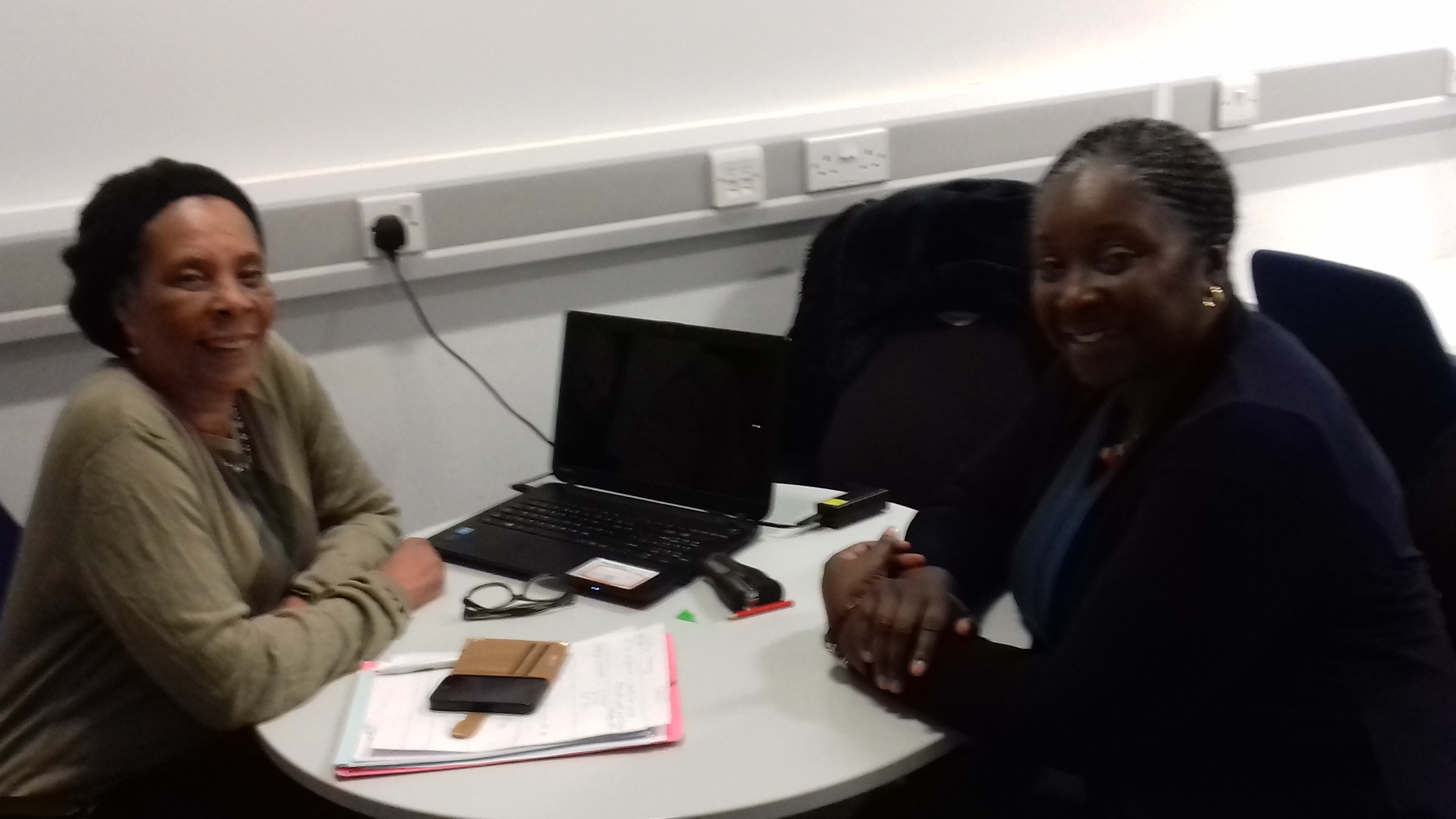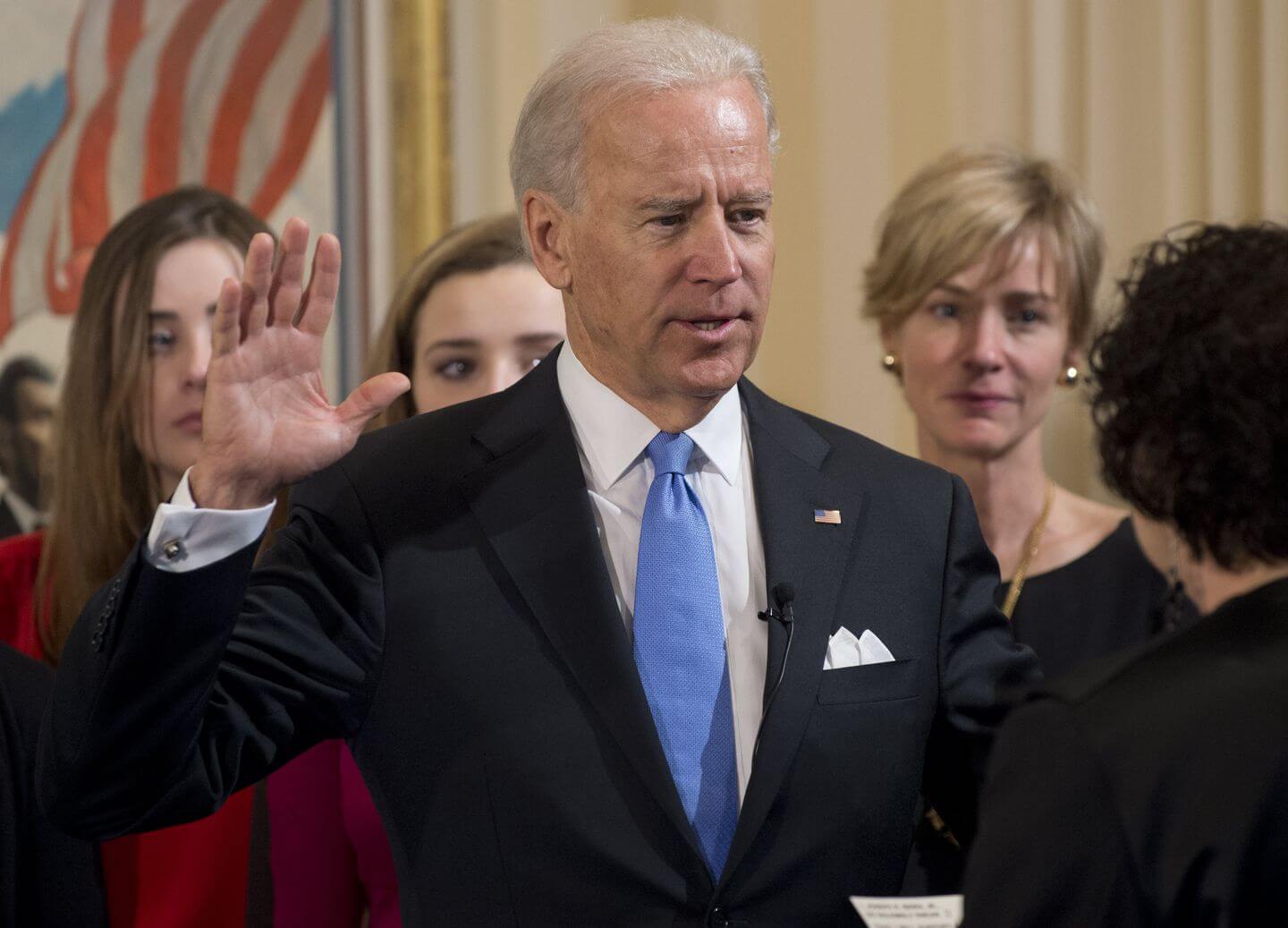Liberation Corner: By David Myles
Supplement your child through Descendants
At the time when black supplementary schools came into fruition in Britain during the early sixties, there were essentially two types of schools. State funded schools which are reminiscent to what is commonly known as public schools in North American countries such as the United States and Canada and privately funded schools. In Britain, contrary to Canada and the U.S, privately funded schools are commonly referred to as public schools.
A 1971 report of the Parliamentary Select Committee indicated that Caribbean children constituted an alarming 70% of children being placed in educationally subnormal schools throughout England and Wales. Despite only representing 10% of school population of north London borough Haringey, a staggering 25% of Caribbean pupils were being systematically contained in educationally subnormal schools. In a west London borough, Brent this figure was 60% for primary school children and increased to 70% for secondary schools (Ogbu 1978).
Supplementary schools play a crucial role in ensuring Afrikan children in Britain not only achieve academically in a system that has failed many Afrikan children as Coard’s (1971) work ‘How the West Indian child is made educationally subnormal inside the British school system demonstrated and more recent material (Mayers 2008; Gillborn 2008; Bhopal et al 2013) have exemplified. Supplementary schools also help cultivate our children’s cultural identity and give them a sense of purpose. This purpose can be used to give our children the resilience and the determination to excel in a structurally oppressive system (Gosai 2011). Many children have gone on to take their GCSEs early and have subsequently attended top universities (Pearls 2012) and credit supplementary schools for aiding them in their achievements (Dove 1993).
I caught up with Margaret Noel, the founder of Descendants; a well-known supplementary school in the borough of Ealing, West London.
Greetings Margaret. Could you please tell me about yourself and your organisation Descendants?
‘’Descendants took a life of its own really. It was nothing that I sat down and thought yeah I am going to do this organisation. It was simply a school performance and I had been part of the Afrikan and Caribbean community in the school, because there weren’t many Afrikan and Caribbean children in the primary school. I was then approached by the school and asked if I could do something. I then gathered some of my Afrikan and Caribbean friends and parents. My daughter, Collette was 15 years old at the time and had been involved with drama. She did a performance and sang and so did this little girl called Keisha and the other children danced. One of the parents said that you should keep it going. It was simply those words; I have never seen the lady since. She had left and moved her child to another school, but it was those
words of we need to keep it going because it is so nice to see Afrikan and Caribbean children coming together, working together and performing together that will stay with me forever.’’
‘’Descendants has been going for 24 years, we will be celebrating our 25 anniversary next year. We have one male volunteer to every say, maybe 6, or maybe more. Nearly the whole team is made up of women. The management committee is made up of all women; professional women. We have a company that has been supporting us now for the last 18 months and that is run by a male and he is brilliant.’’
When I asked Margaret whether Descendants has always had this ratio imbalance of male and female she was quick to highlight the fact that Descendants was founded by women and has always been mostly women from its inception. However Descendants always had ‘’a fair share of men and it seemed to work as we always had about 40, 50, 60 children on a Friday; so obviously it must have been working because they were coming regularly. But I think things have changed for children, they need more males to bring them forward.’’
Despite the low numbers of male volunteers at Descendants, the boys historically outnumbered the girls. At one stage there was only one girl and twenty plus boys. During our discussion, Margret was still convinced that boys need men to guide them and they tend to do better with their presence.
Reflecting on other similar supplementary and self-help educational organisations; do you think there is a lack of male involvement?
‘’Yes on a whole, I do think men do need to come and step forward. There are male teachers. For me I don’t think it takes away anything from my life, it gives me so much. My niece runs a mentoring programme and she said when she tried to recruit men, she got very few. With the women she was inundated. I am not generalising for all men because I know Nia; his organisation and the amount he does. I have got great admiration for him, but I am sure he will agree that it is a struggle.’’
Like many supplementary schools, Descendants grow so rapidly that they had to implement a waiting list for children to enrol. At one stage they could get 100 young people attending. ‘’Regardless of the weather, children would just come rushing in. I used to get there half an hour early, or nearly an hour early
sometimes.’’ Margaret is still in contact with some of these children and it was inspiring to hear how they developed. Many have gone on to set up their own organisations and some have gone on to become qualified teachers. Sadly Margaret sated that it is more difficult with the children now because of distractions such as the array of popular consoles like Play–Station and Xbox.
Descendants provide a space for young people to express themselves creatively through arts, crafts, history, literature as well the inclusion of subjects such as English and Maths. I was left smiling when Margaret told me about a recent coach trip where she gave all the young people books and they all responded well. This deflects the dominant hegemony that suggests children don’t won’t to read, particularly Afrikan children. At descendants, they offer a space for intellectual curiosity and creativity with old-time ‘manners and respect’ yet manage to refrain from being rigid and formal.
Why do you think supplementary schools are important?
‘’My two oldest daughters, they went to a supplementary school and benefited from it. The extra information you get, the extra help. Sometimes in schools, there is not always the time. Some children are overlooked.’’ Similar to writings by educational practitioners such as Dr June Alexis, Dr Nicole Rollock and David Simon, my conversation with Margaret touched on the low expectations that some teachers in mainstream schools have of black children and the imagined capabilities of black children. In this respect supplementary schools are able to instil a confidence that enables black children to excel in hostile environments. ‘’My children were around people who wanted them to succeed so, that’s where they started because it’s about wanting your children to succeed in this world.’’
What has changed since Descendants was founded? Do you think supplementary schools are still needed?
‘’Well my youngest son is 25. I think if I had a young child now, I would still give them supplementary education. Other people do it, they just don’t call it supplementary education. They call it private tuition. So it is not something that that other children don’t have. So I don’t think we should be ashamed of giving our children supplementary education. I think it is a necessary thing. Not only English, Maths and Science, but also what we do; history, cultural education. It is all part of learning.’’
What have some of the highlights been for Descendants?
‘’We have had so many. One of the highlights I would say is when the children performed for the Kanu Heart Foundation which is one of Arsenal’s Football Club’s player’s charities. They meet and took photos with Kanu,Thierry Henry, Arsene Wenger and Patrick Vieira. They sang directly to the children in Nigeria and waved and talked to the people in Nigeria. Another one is when the children performed at the Hilton in Kensington High Street and that was being streamed to the children in Barbados.’’
According to Nia Imara’s National Association of Black Supplementary Schools directory (NABSS) http://www.nabss.org.uk/west-london/4584048031 , there are presently only 3 supplementary schools in west London and across Britain there has been a sharp demise of supplementary schools. What do you think has enabled Descendants to thrive and what do you think can be done to mitigate the closure of other supplementary schools in Britain?
‘’I think because I believe in what I am doing and I have managed to get people to believe as well. In the early days I managed to get a lot of people on board and held lots of meetings in the education department.’’
‘’It is a struggle now though because we are not settled’’ Despite only moving three times in nearly 25 years, which is relatively low in comparison to other supplementary schools, this has still greatly impacted the organisation. Margaret argues ‘’every time you move, you lose children. You have to re-establish yourself, you lose volunteers. It’s hard out there and I am sure the other two organisations in west London that you mentioned are in the same situation’’. A great suggestion advocated by Margaret was for other organisations to merge together, though she emphasised it is very much about the venue and how much it costs.
You recently won an award at the National Association of Black Supplementary Schools 10th Anniversary Ceremony. Could you tell our readers more about your award?
‘’It was for work in the community, because we have been going for 24 years. We started off the first achievement awards nearly 15 years ago.’’ The achievement awards are an annual event and were started because Margaret’s own sister, Kim Noel who had special needs at school and mental health issues died prematurely. After her death, It was discovered that
Margaret’s sister passed all her nursery nurse exams. Subsequently, this motivated Descendants to establish their very own annual achievement awards. One of the main categories is for children who achieve against the odds. This category was named after Kim Noel, Margaret’s sister. School children across the borough of Ealing participate in the Achievement Awards every year and children who are from year 6 up until the last year of secondary school are eligible to participate. There are 9 categories in total. Amongst the categories are the Arts Award, the Overall Outstanding Achievement Award and the Dr Mae Jamison Award which was given to child genius Joshua Beckford in 2017. At age 6, Joshua became the youngest person to study at Oxford University.
Margaret was quite clear in expressing her disgust concerning the constant negative projections of black children and stressed this as a key motivation in continuing to run the achievement awards to help readdress the stereotyped depictions of black children in the dominant society.
Descendants are seeking volunteers to enable their success to continue to prevail. They particularly encourage young black males to step forward to help build the community we want and need. Please email admin@descendants.org.uk
2018 Descendants will mark 25 years of existence and they plan to commemorate their half a century with a dinner and dance fundraiser, a family day, a second book and possibly a lecture at the University of West London.
In 2013, Descendants published a book narrating the history of Descendants. Please contact Margaret Noel for a copy via: admin@descendants.org.uk
During the school term Descendants run a weekly supplementary school club on Fridays from 18:00 – 20:00 for children and young people beginning at 4 years old to 18 years of age. The venue is located at the Bollo Brook Youth & Community Centre, 272 Osborne Road, Acton, W3 8SR.
Website: http://www.descendants.org.uk/
References:
Bhopal, K. Maylor, U. (2013). Educational Inequalities: Difference and diversity in
schools and higher education. Routledge: London.
Coard, B. (1971) How the West Indian child is made educationally subnormal inside the British school system. London: New Beacon for the Caribbean Education and Community Workers.
Dove, N. (1993) The emergence of black supplementary schools: Resistance to racism in the United Kingdom. Urban Education January 1993 vol. 27 no. 4 430-447.
Gilborn, D. (2008). Racism and education: Coincidence or conspiracy?. Routledge: London.
Gosai, N. (2011) Perspectives on the educational experiences of African/Caribbean boys. Cambridge: Cambridge Scholars Publishing.
Mayers, N. (2008) Gifted at primary, failing by secondary. London: Iill-Literation.
Ogbu, J. (1978). Minority education and caste. New York: Academic Press.
Pears, E. (2012) Award winning Saturday school shares secrets of success. [Online] Available at: http://www.voice-online.co.uk/article/award-winning-saturday-school-shares-secrets-success.




